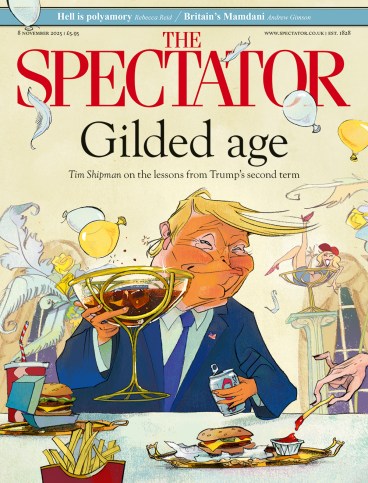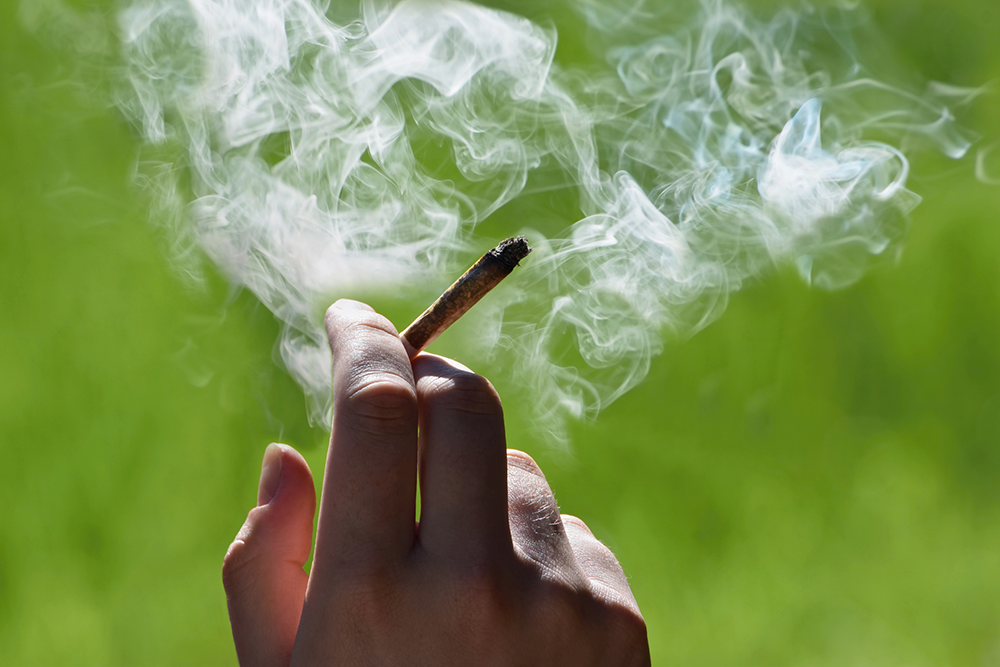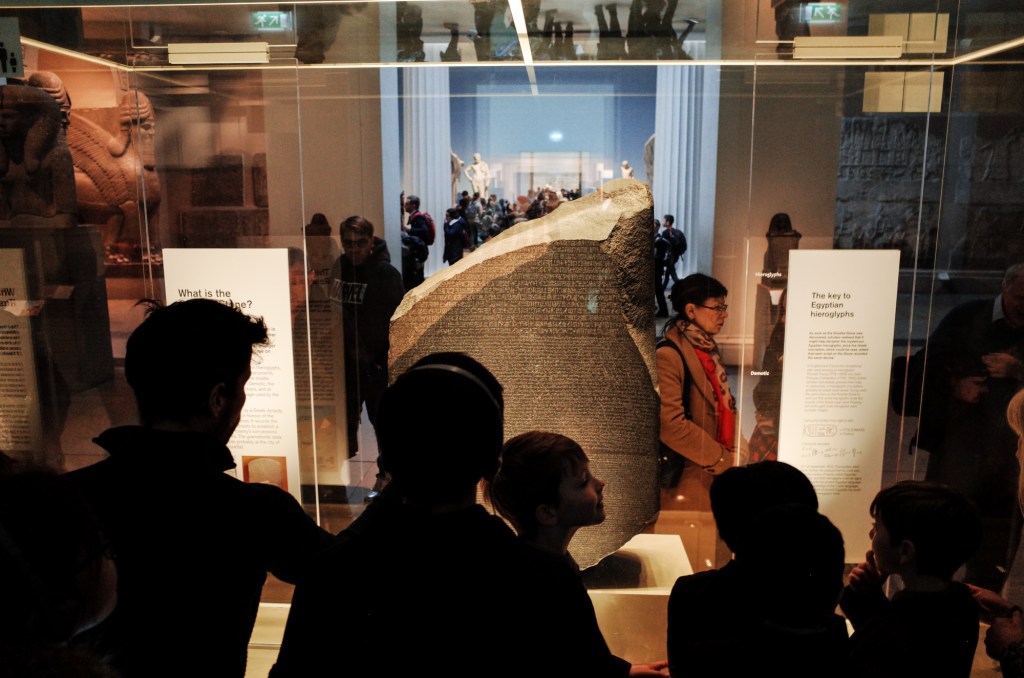
The New York senator Daniel Patrick Moynihan was that rare figure in politics – a progressive who followed the facts. The contrast between his grown-up moral clarity and the adolescent ideological posturing of New York City’s latest Democrat darling, Zohran Mamdani, could not be starker. Moynihan was a welfare reformer who knew that incentivising work, not subsidising idleness, was the route out of poverty. He was a resolute supporter of Israel, the Middle East’s only democracy, backing the victims of two millennia of prejudice against terrorists and tyrants. By way of contrast, Mamdani demonises that state as a proxy for what he considers the wider western sins of colonialism and exploitation.
It was on crime, above all, that Moynihan showed courage. He recognised that protecting the vulnerable demanded a tough-minded response to the erosion of moral norms and the decline in standards of civility. He identified the tendency of fellow progressives to ‘define deviancy down’, to excuse, justify or tolerate the abandonment of civilised behaviour as ‘lifestyle choices’. New York had ceased to be an ordered space in which citizens could live a fruitful communal life. In the name of liberalism, the public square had become a disordered and dangerous landscape where the weak went unprotected.
It is more remarkable to see someone wearing a trilby in broad daylight than smoking a joint
Moynihan’s warnings were prescient. The drug-ridden, crime-filled streets of downtown Manhattan, San Francisco and Chicago testify to the malign consequences of failing to uphold civic order. But it is not only in America that he was a prophet of the dis-order to come. His analysis has been borne out by the visible decline we now encounter in our own streets and town centres.
As Mary Wakefield and Harriet Sergeant report, Britons are expected to accept street crime, intimidation and open contempt for civilised boundaries without complaint. And we know that when initial breaches of public order go unpunished, worse will inevitably follow. The suspect arrested for the mass stabbing on an LNER train this weekend is alleged to have shown violent intent in the hours before the bloody rampage, and yet no action was taken. His behaviour had been defined not as a threat, but as a nuisance.
One of the most striking ways in which we now tolerate open, flagrant, deeply harmful law-breaking is our comprehensive failure to police or control drug-taking. There is scarcely a high street in the country free from the stench of cannabis. It is more remarkable to see someone wearing a trilby in broad daylight than smoking a joint. In 2024, the Office for National Statistics reported that around 2.3 million people had used cannabis in the past year.
This is both a public health emergency and an incubator of violence and disorder. We know more than ever about the disastrous effects of cannabis, from stunted educational development to birth defects. But its most terrifying consequence is psychosis.
Study after study has linked cannabis to psychotic disorders. Teenagers who use it are a danger to themselves and others. They are 11 times more likely to have psychotic episodes later in life and three times more likely to attempt suicide than non-users. Its side-effects include paranoid delusions and sensory hallucinations. Believing cannabis is safer than other drugs is a comforting delusion among middle-class liberals. But it is not the middle classes who suffer most from the criminal trade they support – it’s those for whom mental illness and ruined life chances compound pre-existing deprivation.
Last week, Areece Lloyd-Hall was found guilty of stabbing to death a fellow teenager, Harry Pitman, in a fit of cannabis-induced psychosis. Last year, 29-year-old Joshua Jacques was imprisoned for murdering four people in a frenzy, having smoked cannabis since he was 12.
Rather than enforcing the law, a substantial body within Labour wants cannabis decriminalisation. Their arguments are well-worn: prohibition hasn’t worked, cannabis is a less serious drug, arrests cause tensions between the authorities and ethnic minorities, the police are better used elsewhere. Each argument is a surrender.
It is the police who are most furiously waving the white flag. A Centre for Social Justice survey found that two-thirds of police officers believe cannabis has been de facto decriminalised. In 2019, less than 2 per cent of the 15,270 people prosecuted for cannabis possession were jailed. The vast majority received only cautions – slaps on the wrist. Between 2015 and 2022, the proportion of people who were charged having been found in possession of cannabis fell from one in four to one in six, with some forces making it clear that they will not arrest people at all.
Failing to punish possession of cannabis often leads to further drug use. A pilot decriminalisation in Lambeth saw a spike in hospitalisations for Class A drugs. Those who most need help are the ones most harmed by decriminalisation. Last month, a study published in JAMA Psychiatry found that cannabis use by psychotic Americans increased by nearly 10 per cent following relaxation of the law; when Portugal decriminalised cannabis, there was a 30-fold increase in hospitalisations for associated psychotic disorders.
It is time the police did what they are paid to do: uphold the law. How much longer must we accept a failure to tackle, directly, forcibly and authoritatively, a trade that rots minds, blights lives and fuels murderous rage? To those who argue a war on drugs can never be won, we contend that you cannot win a war you are not prepared to fight.







Comments